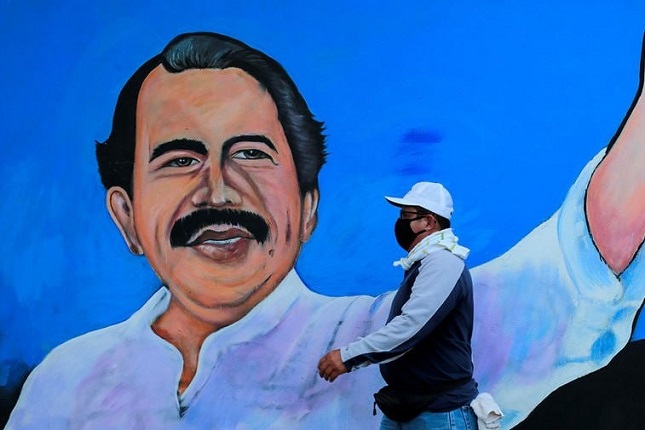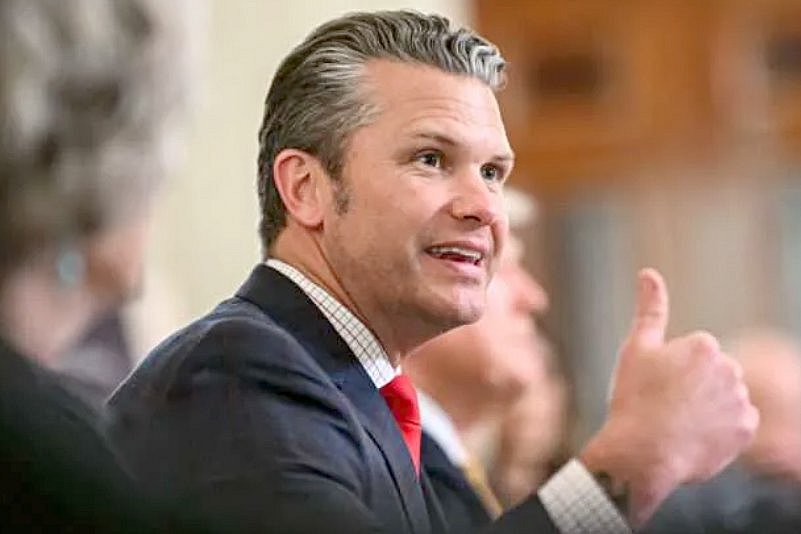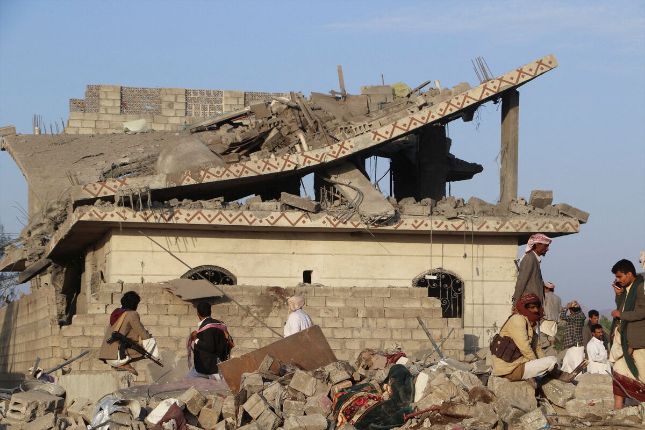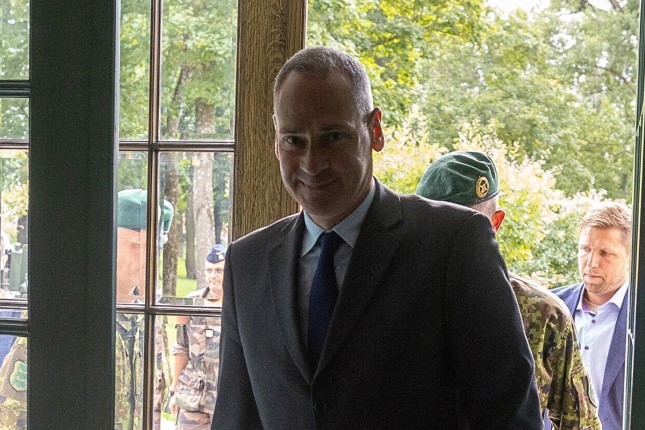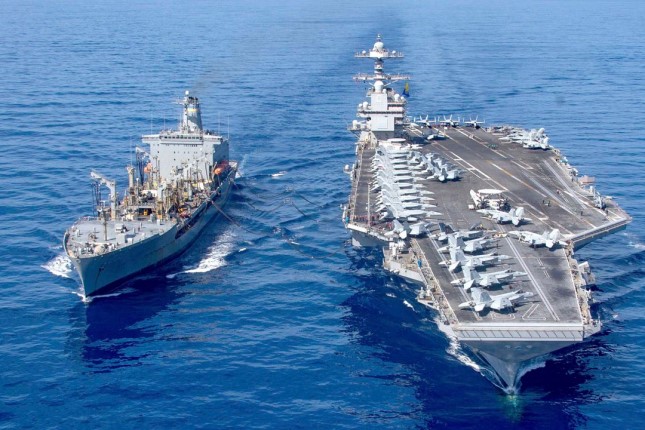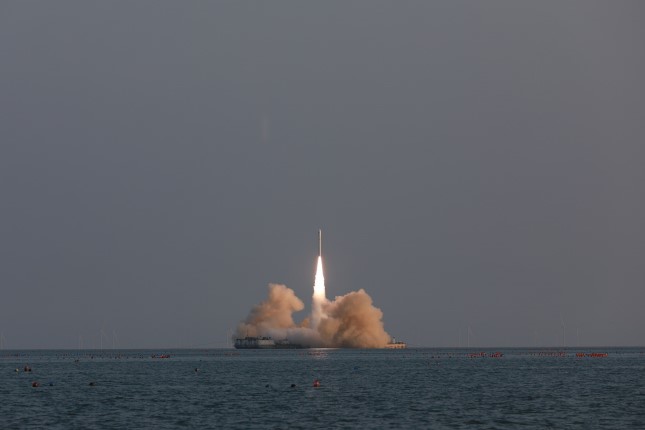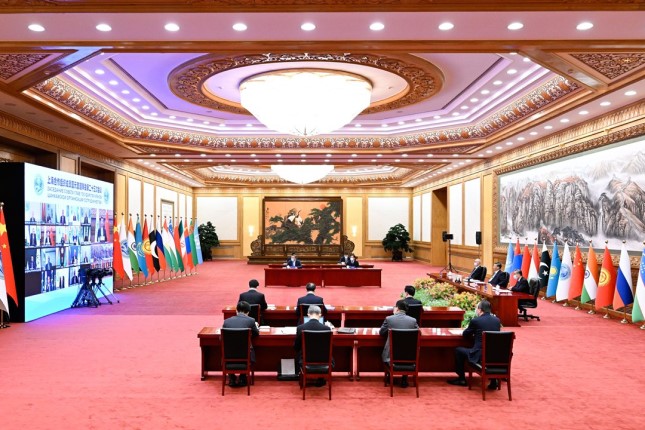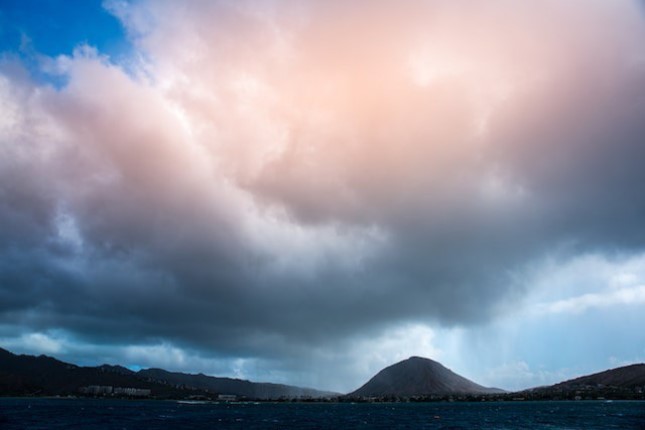In June, Daniel Ortega, Nicaraguan President, signed an order allowing Russian troops to enter Nicaraguan territory. The Russian army will be able to train the local army and participate in joint military exercises and rescue operations. Several Latin American countries and the United States have received similar permits to Russia.
However, the display of the Russian army flag provoked Washington's angry reaction. The Americans fear the entrenchment of the Russian Armed Forces in the "soft underbelly" of the United States and the erosion of the Monroe Doctrine, according to which only Washington "addresses issues" and controls the situation in the Americas. US fears are not unfounded. Russia is indeed capable of destroying the Monroe Doctrine and playing a unique role on the continent. In doing so, the military factor will be of only subsidiary importance.
The special relationship between Russia and Nicaragua goes back to the 1980s. At that time, the USSR and Cuba actively supported the revolutionary Sandinista government of Daniel Ortega against the Contras, backed by the USA. After the collapse of the USSR, the Sandinistas had to relent, but in 2006 Daniel Ortega returned to power through democratic elections. It is noteworthy that the former Contras performed in alliance with the Sandinistas and continue to support them this time. Then relations with Russia began to gain momentum again, and it was not confined to nostalgia for a shared military past. For Nicaraguans, the presence of the Russians was linked to the hope of independent development.
In the late 2000s, the question of the construction of the Nicaragua Canal (the Great Transoceanic Canal of Nicaragua) was raised again. The Canal had to link the Atlantic and Pacific Oceans and provide an alternative to the Panama Canal. Building a strategic route in Nicaragua originated with the Spanish in the 16th century.
In the 19th and 20th centuries, Canal projects were consistently proposed by the Dutch, the French, and the Americans. However, in the end, the choice was made in favour of the Panama Canal - the more expensive and technically challenging one, which came under total American and joint US-Chinese control. Despite modernisation by 2016, the Canal remains congested, and the alternative for it in Nicaragua is therefore still relevant.
The country's parliament approved the construction of the route, but the proposed Chinese investor has frozen financing. Beijing is still content with the Panama Canal and has no desire to escalate confrontation with the USA further.
Major economic, infrastructure and financial projects in Central America are not owned or controlled by the countries where they are located. The construction by a Russian state-owned company of the Nicaragua Canal and its maintenance as an operator (in financial partnership with other interested parties, possibly countries of South-East Asia, the US, and China) will be a landmark for the entire region.
Russian military presence and security umbrella in Nicaragua could be an ideal entry point for Russia in Central and, more broadly, Latin America. This is primarily due to the region's fundamental historical, ethno-geographical and cultural peculiarities. The Indian tribes of low-land Central America are historically closely linked to the civilisations and peoples from north and south of the isthmus. It enables them to influence vast areas of North and South America.
Control of an alternative transoceanic route would allow influence over vast areas of the Pacific and Atlantic, not to mention Latin America. Thanks to decades of humanitarian work, Cuba has the strongest position in the region and could also contribute to Russia's development of Latin America.
There can be no question of the Russians pushing the US out of the region. All Latin American states, in one way or another, are adopting their positions based on their relations with Washington, whether client or antagonist.
However, by implementing large economic projects that will take decades of planning and involve infrastructure, nuclear power, high technology mining, and broad access for Latin Americans to Russian technical education and culture, Moscow can shake the notorious Monroe Doctrine and give the countries and peoples of Central America, the Caribbean, Venezuela, Columbia, Paraguay, Peru, Mexico and others somewhat different prospects from being a weak and eternally dependent backyard to the US.
